Becoming Millennials: A New Story for the "Worst Generation"
Here's the thing: if we accept, even passively, that we're Peter Pan and the Lost Boys, if we let the subtle thought that we're behind, we're late, we're born in the wrong generation, or even that we're royally effed, then we may miss the true gem of our existence.
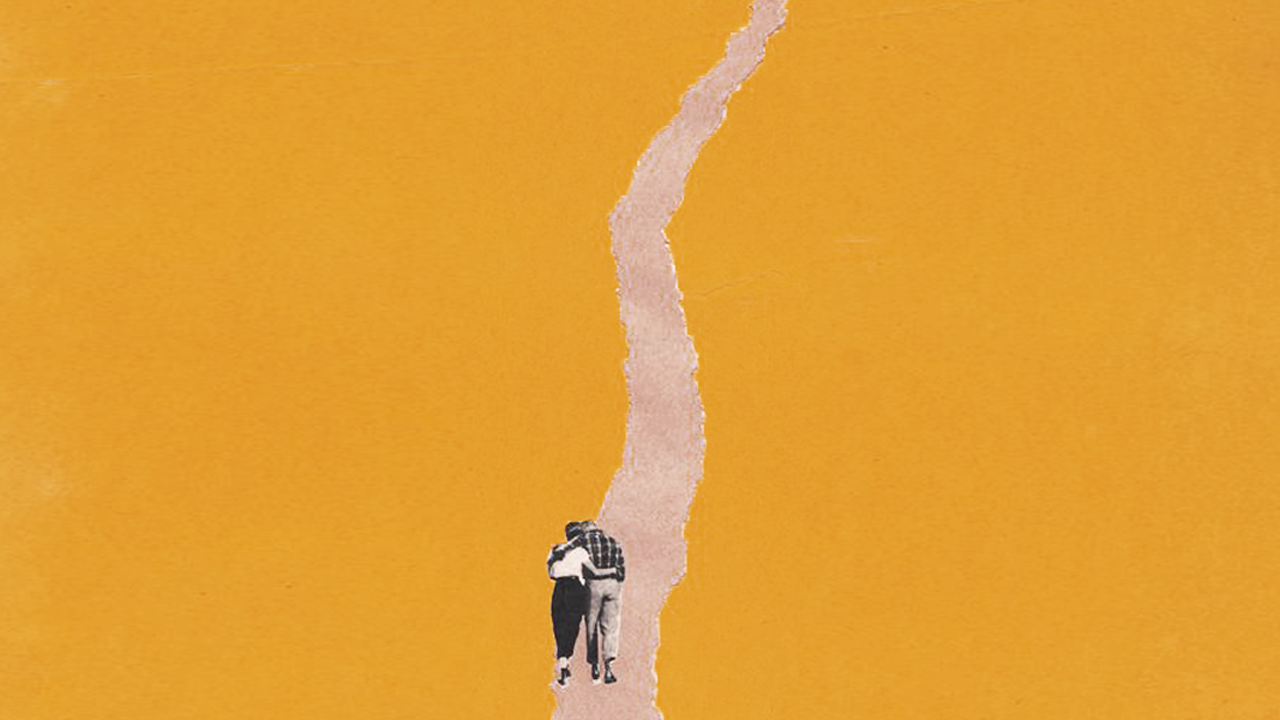
Every generation has its potential glory and criticisms. Millennials may have taken the cake for most critics to date.
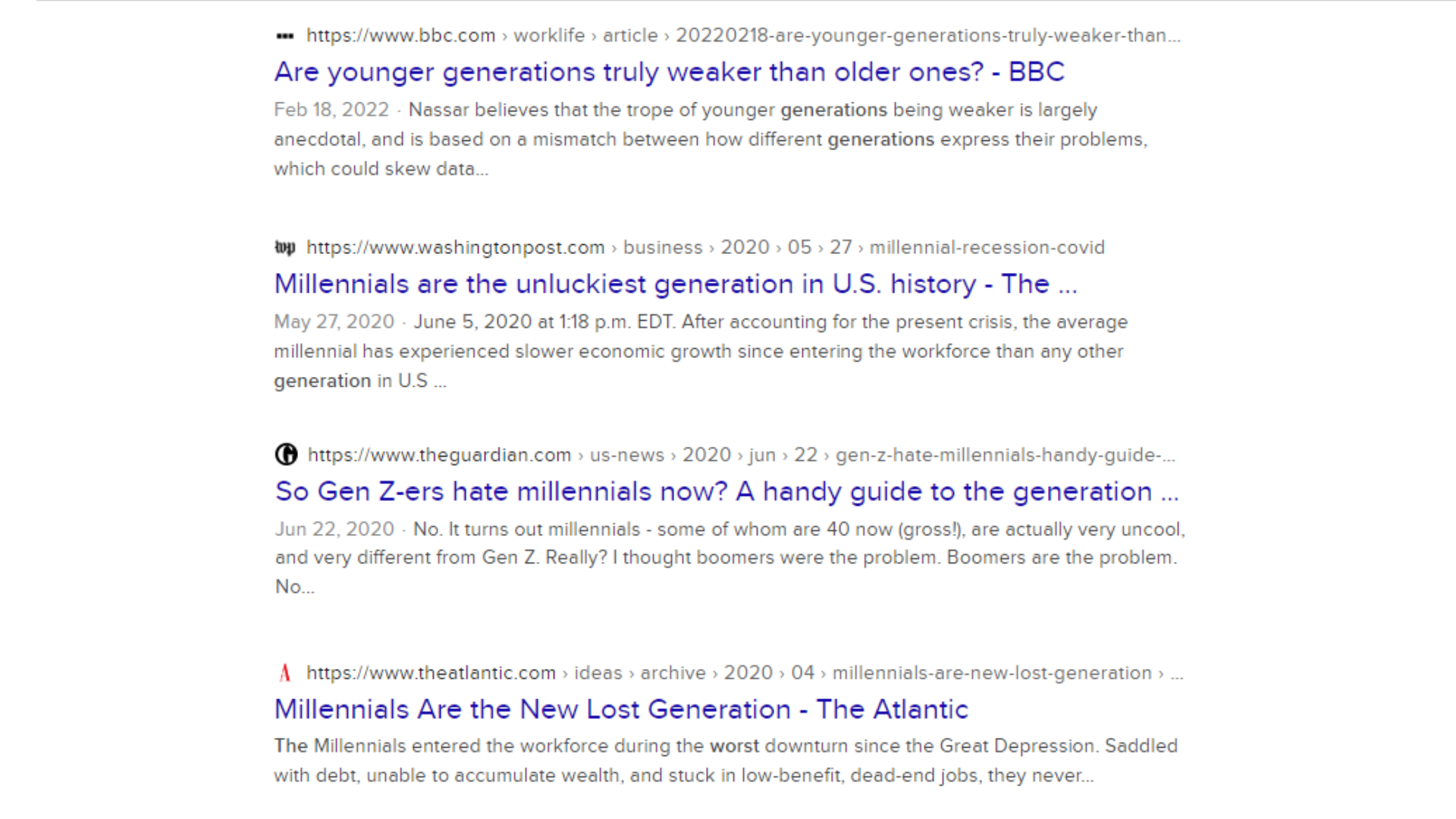
Perhaps one of the most notable, is that we are dubbed the Peter Pan Generation. This is because as a group we're so far behind the cultural markers for adulthood that the perception became that we prefer to never grow up, like Peter Pan and the Lost Boys.
As a millennial surrounded by millennials, I understand that while we don't see ourselves as Peter Pan, we do have a similar story enforced deep into our consciousness. The catchy headlines become stories we tell ourselves. Over time these stories have successfully created a resigned belief that perhaps, at best, we are simply a generation born at an unlucky, unfortunate time. At worst, we're a throw-away group, a wasted era. Our generation has become understood as a transition between two worlds; a status quo that is falling and a new way that is not yet clearly established. Like Charlie Brown and the football, we millennials kept running up to the next life event- degrees, housing, marriage, babies, financial success- just to see the football swiped before we made full contact as a group.
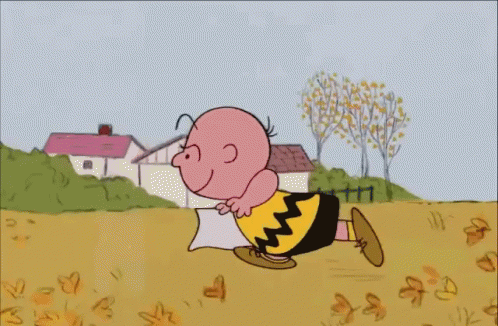
To reinforce this not-so-subtle story of being 'way behind' is the emphasis on the exceptions of our time. These are the young celebrities, the Forbes 30 under 30, the YouTube millionaires, the Instagram influencers, the young, the famous, and the quick to get rich. We love to follow these people online and watch their curated stories while the message is pushed deeper that the rest of us are somehow behind, late, not as far as we should be, and already too old for life recovery in our late 30s.
Don't worry, this doesn't get any darker and it's about to get interesting because something else happened in our generation. Something within us as a group moved at a different pace. Slowly but surely droves of our people began to prioritize their mental health over the hustle. We began to value meaningful, purposeful living over forcing preset markers. We got curious about our health, our trauma, and our quality of life. The same conditions that got us dubbed Peter Pan became the catalysts for us figuring out a new way of life. When the old definitions of outer success failed us, we went 'in' and began to discover a greatly expanded version that included our health, our well-being, our relationships, and our souls. In the middle of almost constant cultural chaos and rapid changing of the rules, we learned to slow down and (pause for the shock and awe of these next two words) love ourselves. Or, I should say, we're learning to love ourselves. We just started.
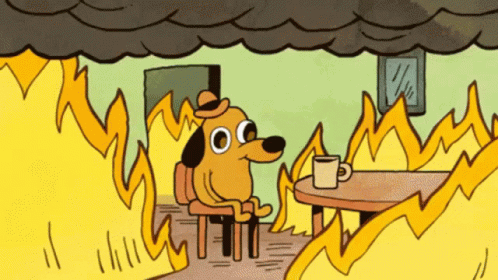
Here's the thing: if we accept, even passively, that we're Peter Pan and the Lost Boys, if we let the subtle thought that we're behind, we're late, we're born in the wrong generation, or even that we're royally effed, then we may miss the true gem of our existence. I offer this story instead: We are not a generation of the young and famous. We are not a generation of 'life lived by 60'. We are not a group of people who are here for the beginning or even the middle. We were never meant to meet all the markers. We are a generation designed for the long con. We are meant to be more like aged wise wizards to herald the dawn of a new age. Hear me out.
While we may have grown up on some of the Disney classics like Peter Pan, it wasn't long before millennials became known for their obsession with two big stories of our generation: Happy Potter and Lord of The Rings.
Both are fantasy-based, both involving Wizards and epic stories of unprecedented, dark times. Both revolve around the goodness of everyday people overcoming a terrible attack on humanity. Both emphasized a great effort to unite different races, creatures and breeds to gain victory over a common enemy seeking to destroy the world.
As I re-read these adventures something started to jump out at me; both stories valued, required, and even depended on the deep wisdom of a very old people (in the form of wizards). In Harry Potter, it's mentioned several times that Dumbledore's very existence kept the evil of Voldemort at bay for many years. One man, in his old age, had such wisdom, power, and tested character that he could be counted on by a whole magical community to keep the balance of good protected. One wizard. What if there were two? What if there was a small handful? What if there were, I daresay, even a small fraction of 'wizards' tested by the long life of unprecedented events, of hardships, of trials to ensure that they were powerful, knowledgable, and tried by fire to preserve the goodness of life for a future generation?
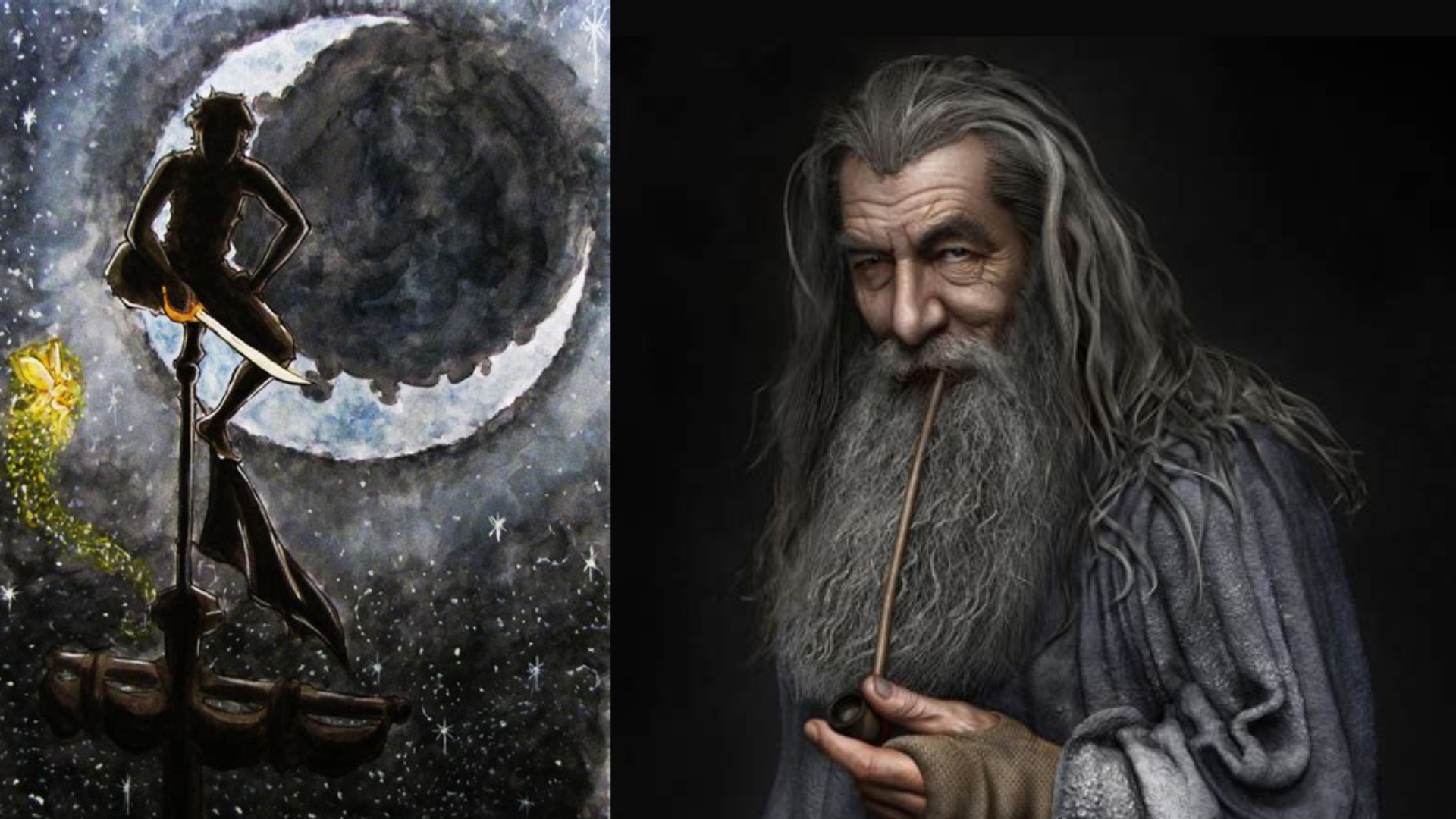
In LOTR, the wizards and eldest creatures of the age had the most influence. Gandalph was the wizard who looked after Middle Earth, coordinating their victory over evil and urging all creatures to work together for the good of their world. He had lived long enough to see the signs of evil approaching, to know the patterns of the world to intervene at the right times, he had experience-based wisdom with all creatures and races to understand how best to motivate them in the heat of great crisis.
Both wizards share these themes; they survived to old age, not as feeble old men but as very powerful, very wise, and very capable of protecting the world they helped build. Neither of their stories was based on being hot-shot 20-year-olds, or uber-successful 30-year-olds, not even curated 50-year-olds. Their purpose and their glory came much later in life.
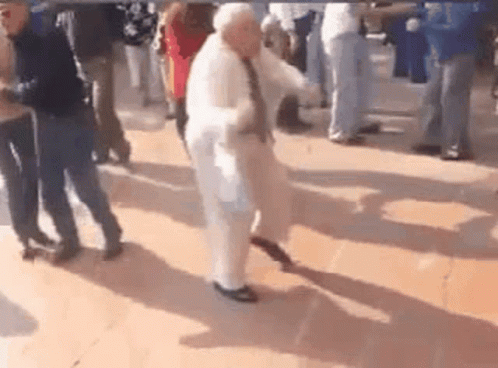
I think the millennials have a similar calling. It's not that we're born at an unlucky time. It's not that we're behind. For those of our generation who choose a higher story, we will realize that we are part of creating a new way of life. We are taking up our perspective corners of the world and learning the traditions of old that were never taught to us. We're cultivating a way of life that fits the future of this planet, not the ways of the past. We are here to not only survive this epochal time but to thrive into old age.
We have the chance to show up at 70, 80, or 120 as healthy, powerful, contributing members of society who are like Dumbledores and Gandalphs to the generations to come. We can choose to live our lives in a way now that will enable us to be the protectors and establishers of the age to come. If we can let go of the idea that we need to meet all the markers of success and adulthood in the way and at the pace of the generations before us and lean into the gift of the strange allotment of years we've been given, then out of our massive strength in numbers, we stand a chance to deliver a faction of men and women who can shine in their fullness of success like guardians of the age that we were meant to be.
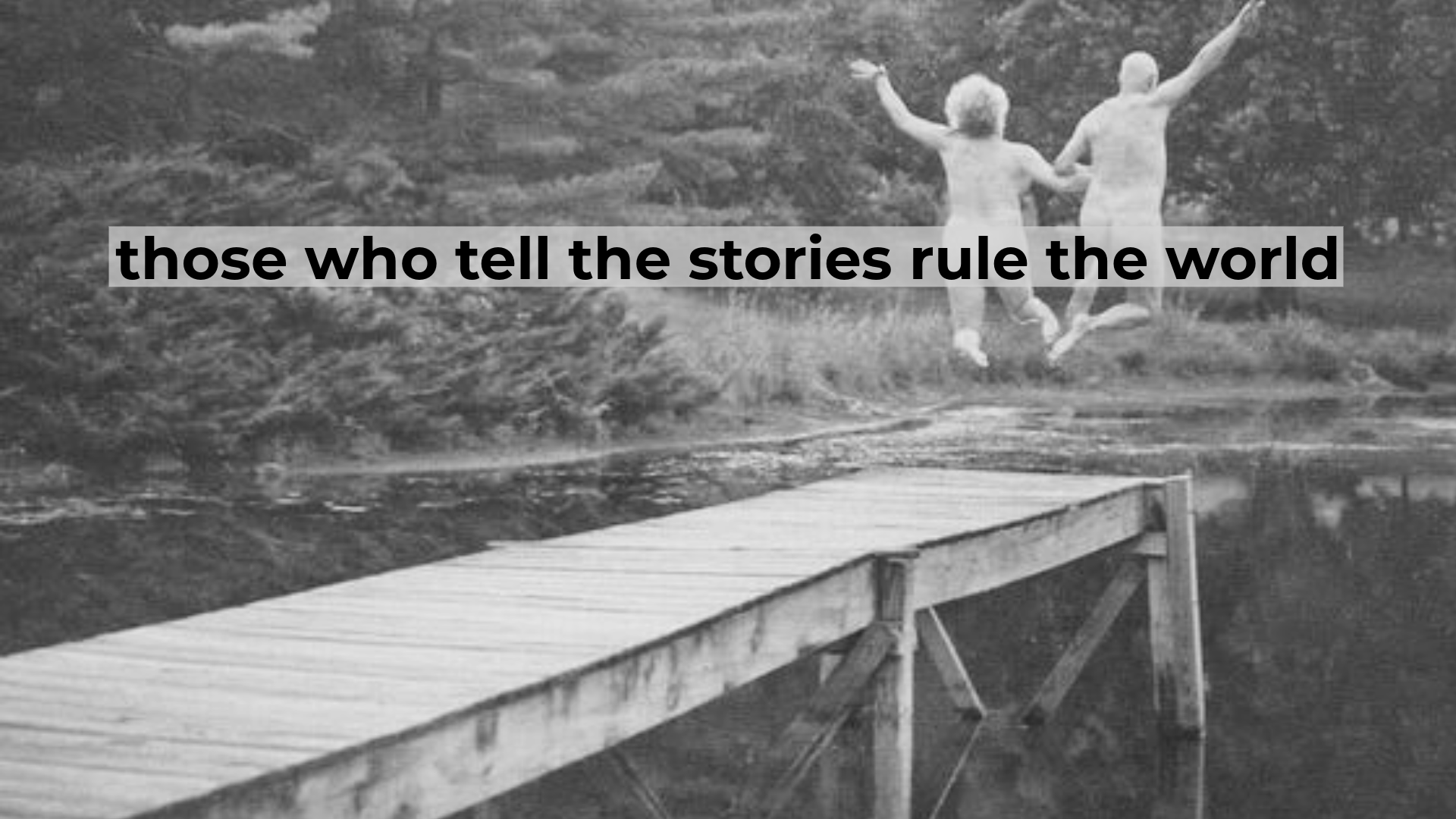
The stories we tell ourselves shape our future. As a group, our stories are constantly written for us in the headlines of bad news, criticism, and bleak perspectives of the future. Some of us will give in to this and live up to the Peter Pan narrative given to us; some will live out much worse.
For those of us who can write a different story, the world is our oyster. For in a time when so many things are uncertain, possibility abounds. Take advantage of this. Go at your own pace. Heal. Eat well. Live an adventure. Live like you're meant to be a guardian of a new world in your glorious old age. Live like you were meant to be here, at this time, in this stage of the world, with a pressing and irreplaceable contribution. Let it happen in its own time. And if you find yourself feeling behind at 30, 40, or 50, just remember, you may be well on your way to being a hero of the world at 80, in your bad-ass wizarding era.
Whatever we do, we'd be wise to remember that the story we choose rules our world.
We still have time to choose the best one.

We've been delving into the power of stories lately.
We started with these three questions:
And What's Our Role in the Story?
I've asked the thinkers, storytellers, and those who dedicate their life's work to asking big questions to delve into the process of answering these three big ones for all of us:
Catch up on the first two episodes below, we continue the conversation later this week and will be having some interesting twists and turns all summer.
